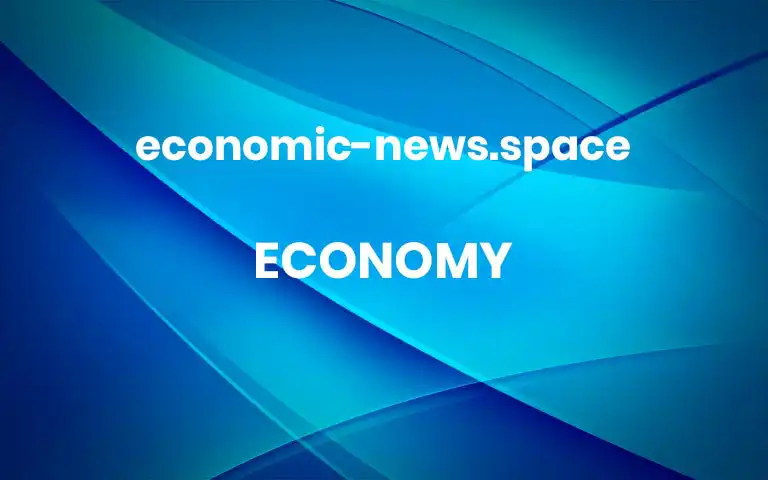President Trump’s tariffs have spared almost no corner of the Earth. Even tiny, sparsely populated islands that export close to nothing.Among the countries and territories listed on sheets of paper that were distributed to reporters in the White House Rose Garden on Wednesday were Heard Island and McDonald Islands, Australian territories near Antarctica where many penguins but no people live. Also listed were the British Indian Ocean Territory, a collection of islands that are mostly uninhabited aside from U.S. and British soldiers stationed at the joint military bases on Diego Garcia.Some territories face even higher tariffs than their governing nations. Norfolk Island, an Australian territory in the South Pacific Ocean, faces 29 percent tariffs, compared with the 10 percent rate Mr. Trump imposed on the country.“I’m not quite sure that Norfolk Island, with respect to it, is a trade competitor with the giant economy of the United States,” said Prime Minister Anthony Albanese of Australia. “But that just shows and exemplifies the fact that nowhere on earth is safe from this.”In 2023, Norfolk Island exported $655,000 worth of products to the United States, including leather shoes and vehicle parts, and imported $116,000 worth of products from the United States, including chemical fertilizers, according to the Observatory of Economic Complexity, a data visualization platform.Other islands subjected to a 10 percent tariff rate included Tokelau, a territory of New Zealand that has fewer than 2,000 inhabitants. The Norwegian islands of Svalbard, which has about 3,000 residents, and Jan Mayen, where the only humans are the military personnel who operate a weather and coastal services station, were also targeted.The White House did not respond to a request for comment about why certain islands with few or no inhabitants were targeted.Réunion, a French territory east of Madagascar that has a population of less than 1 million, faces particularly steep tariffs, at 37 percent, compared to the 20 tariffs imposed on France. The Falkland Islands, a self-governing British Overseas Territory, will have to pay 41 percent or 42 percent tariffs (the White House gave two different figures), compared to 10 percent rates that Britain faces. More




